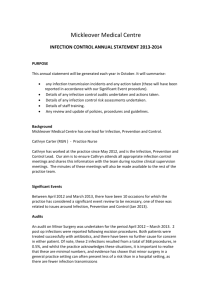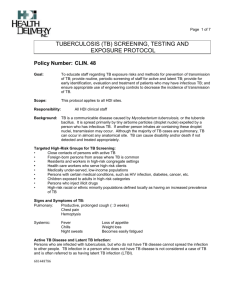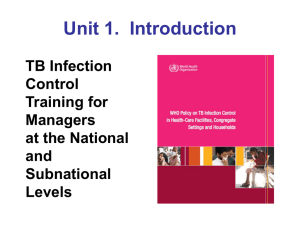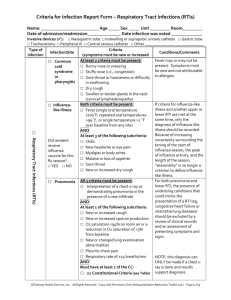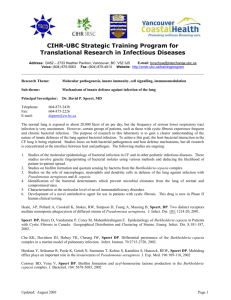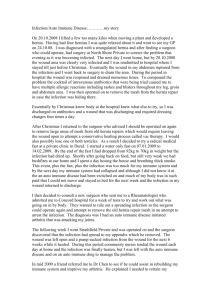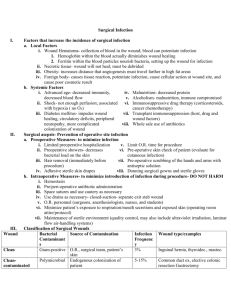Post-operative Complications
advertisement
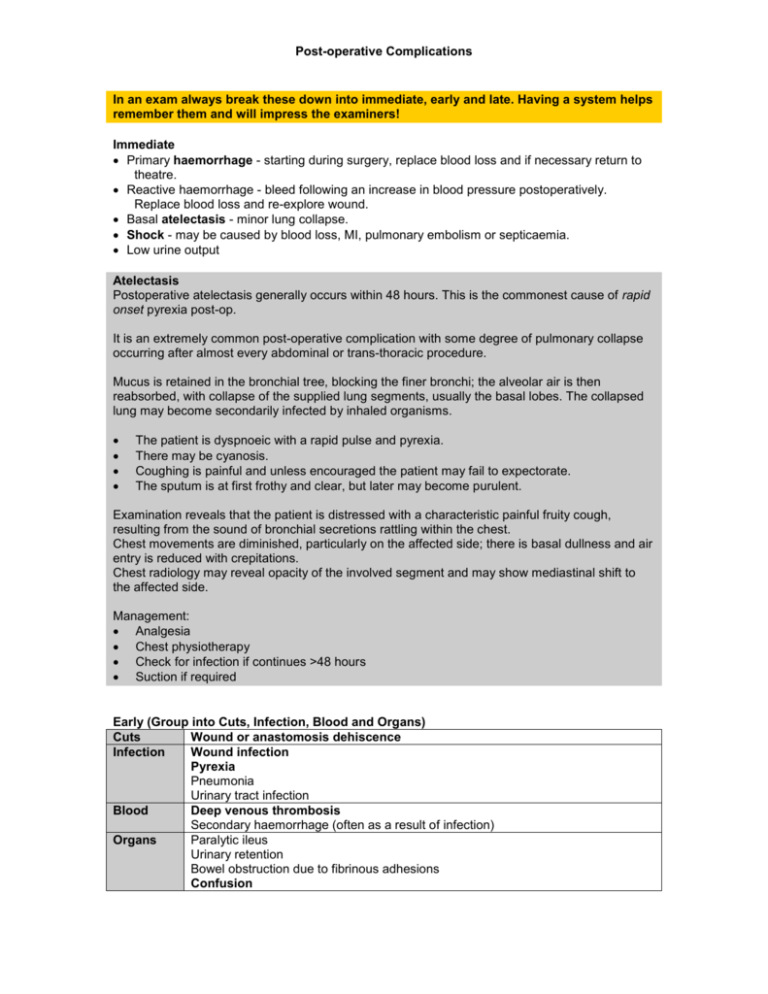
Post-operative Complications In an exam always break these down into immediate, early and late. Having a system helps remember them and will impress the examiners! Immediate Primary haemorrhage - starting during surgery, replace blood loss and if necessary return to theatre. Reactive haemorrhage - bleed following an increase in blood pressure postoperatively. Replace blood loss and re-explore wound. Basal atelectasis - minor lung collapse. Shock - may be caused by blood loss, MI, pulmonary embolism or septicaemia. Low urine output Atelectasis Postoperative atelectasis generally occurs within 48 hours. This is the commonest cause of rapid onset pyrexia post-op. It is an extremely common post-operative complication with some degree of pulmonary collapse occurring after almost every abdominal or trans-thoracic procedure. Mucus is retained in the bronchial tree, blocking the finer bronchi; the alveolar air is then reabsorbed, with collapse of the supplied lung segments, usually the basal lobes. The collapsed lung may become secondarily infected by inhaled organisms. The patient is dyspnoeic with a rapid pulse and pyrexia. There may be cyanosis. Coughing is painful and unless encouraged the patient may fail to expectorate. The sputum is at first frothy and clear, but later may become purulent. Examination reveals that the patient is distressed with a characteristic painful fruity cough, resulting from the sound of bronchial secretions rattling within the chest. Chest movements are diminished, particularly on the affected side; there is basal dullness and air entry is reduced with crepitations. Chest radiology may reveal opacity of the involved segment and may show mediastinal shift to the affected side. Management: Analgesia Chest physiotherapy Check for infection if continues >48 hours Suction if required Early (Group into Cuts, Infection, Blood and Organs) Cuts Wound or anastomosis dehiscence Infection Wound infection Pyrexia Pneumonia Urinary tract infection Blood Deep venous thrombosis Secondary haemorrhage (often as a result of infection) Organs Paralytic ileus Urinary retention Bowel obstruction due to fibrinous adhesions Confusion Post-operative Complications Late Bowel obstruction due to fibrous adhesions Incisional hernias Persistent sinus Recurrence of malignancy

